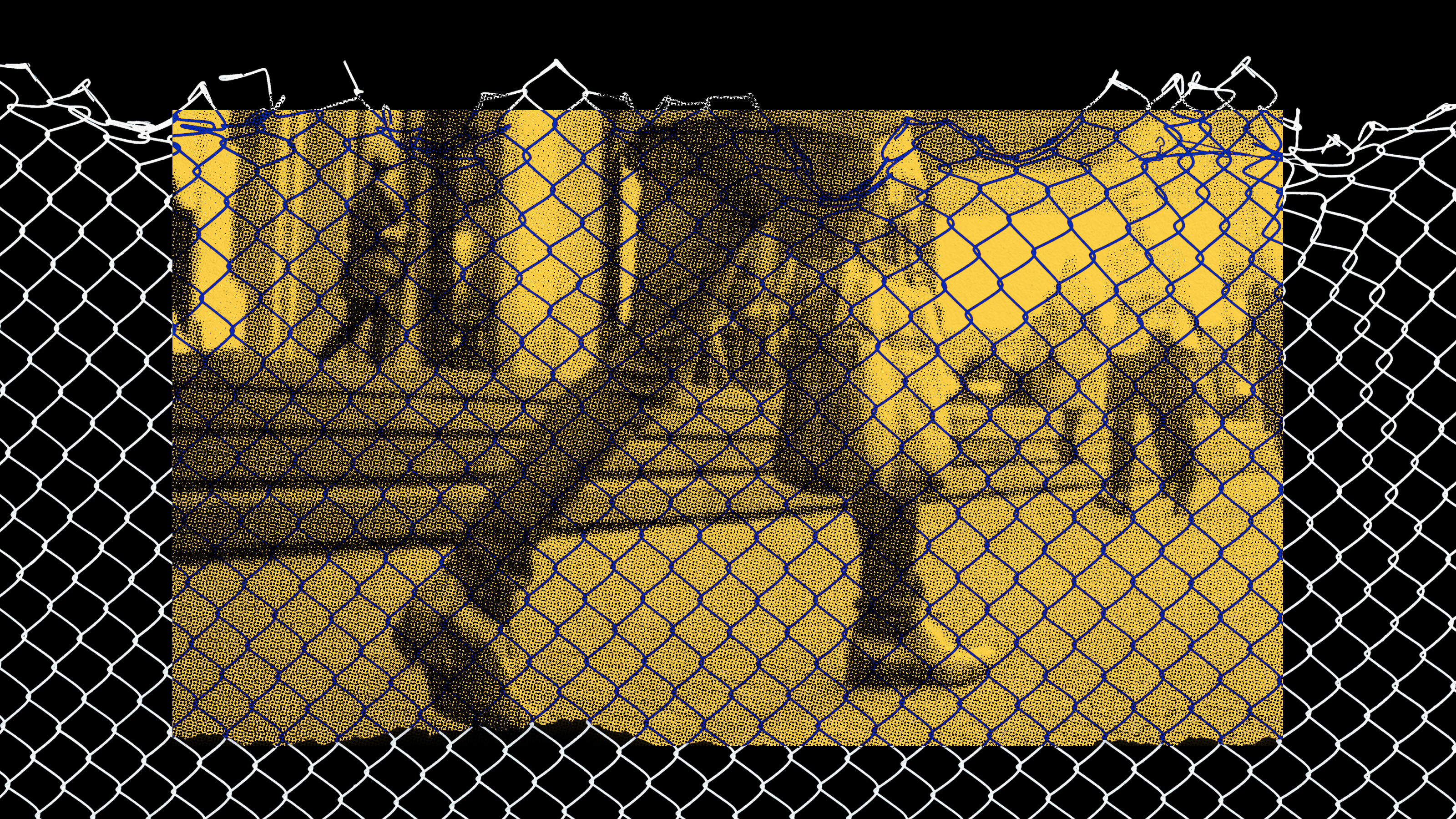Once a darling of the Reagan administration, Glenn Loury has serious beef with U.S. incarceration policies. He’s no stranger to the law himself.
Question: What would you change about our criminal justice system?
Glen Loury: Our sentences are way too long. Okay. I mean, let's just start with something very specific and very concrete. You can put a person in jail for 5 years, for 10 years, or 20 years, for the same crime. We're deciding on 10 years to 20 years, when 5 years would be enough. Okay. The deterrent value, the additional amount of leverage that you get over a criminal to keep them from breaking the law in the first place, associated with making the sentences longer, is de minimous; it's essentially nothing. The research shows this. Three strikes and you're out laws; the laws that say if you do a crime three times, you can be sentenced to 25 years, for life. The laws that have got the jails of California overflowing are -- they're madness, as policy. They're expressive political symbols, capturing the anger of people at social dysfunction and allowing politicians to show that they're responsive to that anger.
Three strikes' laws make no sense as policy. They are more about the politicians responding to the people’s desire to see their fury at social dysfunction reflected in the law. Our sentences are way too long. We need to look at the war on drugs, which is to say we need to look and this is easier said than done. Once again, politically, not an easy lift at all. Nevertheless, our policy is self-defeating. We're not keeping people from using the substances. We're creating a huge black market, just like we did under prohibition, which attracts all kinds of criminal enterprise.
We are engaging in a vastly unequal allocation of pain and suffering in the society, attendant to the enforcement of our drug policy, in that just about everybody uses illegal drugs. I mean, not every individual, but it's a high rate in all the surveys and all the social strata, by race, by economic level, geography, whatever. There's a lot of illegal drug use going on out there. But it's a black market which attracts on the commercial side, on the side of the selling and handling of it, the most miserable and marginal in the society; the ones who basically don't have another way of making a living. I'm not making excuses for them, I'm just trying to explain why it is that you're not going to see a random draw in the population engaged in drug-trafficking, even though you're likely to see a more or less random draw on the population engaged in drug use.
So we have this punitive regime where we imprison, sometimes for amazingly long periods of time, people who are caught up in this black market. Even though the market wouldn't exist but for the hedonistic desires for altering our consciousness and getting high, that are embraced by pretty much every corner of the society. We say as if it's a little bit like we blame the women for street prostitution. The street-walkers, right. They're out there on the corner, but in fact, they wouldn't be out there if there weren't a market for their services, and that market is largely driven by married guys with $100 bills waving out of the windows of BMWs.
Likewise, we have a serious issue in our society about people escaping from reality through imbibing of various illicit substances. It's a deep 100 million, 150 million person problem. It's not something that just lingers in the dark corners of society. And yet we've responded to that problem with a policy regime that freights most of the weight on the most marginal of our fellow citizens.
So that is something this is radical talk -- sorry, that needs to be rethought. We need to take the profit out of imprisoning people. The California Corrections Officers' Union. I mean no disrespect to people who serve their state by working as guards in prisons. I'm just here to tell you that they shouldn't be making criminal justice policy for the state, and that their interests, as a union, in job security, wages, overtime, and careers, ought not to be driving policies like three strikes and you're out, where it's the tail wagging the dog. And the larger public interest is not being served.
And many other examples could be cited. I shouldn't just pick on working people, but I have to tell you, I think that the Corrections Officers' Union is a part of the problem; and the small towns that want to see prisons built there because it gives people something to do and generates additional tax revenues for the municipalities, without generating additional voters from those inner-city communities where the young men who are housed there are taken. They could also be listed as a part of the problem, and many others as well.
Question: How have your own run-ins with the law affected your views of the criminal justice system?
Glenn Loury: I've had some problems with the law, including being arrested for possession of a controlled substance. And I've just advocated decriminalizing the possession of controlled substances. That sounds a bit self-serving. And perhaps it is. Certainly, having the personal experience of being locked up -- not for a long time. I was locked up overnight. Being accused of a serious crime; I was accused of assaulting someone. The charges were later dropped, in the context of a dispute-laden personal relationship, the charges were later dropped.
For what it's worth, I was not guilty of the charge but I was accused of assaulting somebody and, therefore, confronting real criminal liability, at least potentially. It didn't work out that way, but there I was in that spotlight. The stigma when you're singled out as someone who has done something wrong, that stays with you. Even if you haven't done the thing that people think you might have done, and so forth and so on. I suppose that also has affected me.
I'd also say that the way that I came up, in Chicago, not a poor family, not a sort of stereotypical, sort of ghetto upbringing if you will. But nevertheless, one with some rough edges and one where there were people with one foot to either side of the law, who were regular presences in my young world, as a boy and young man growing up in Chicago. My uncle would take me to the state pen to visit friends of his who were incarcerated. He wanted me to have the experience of going there. There, but for the grace of God, go I, he would say to me about these people who were in prison. I think that kind of thing surely has had some effect on me also.
Recorded on: August 18, 2009





